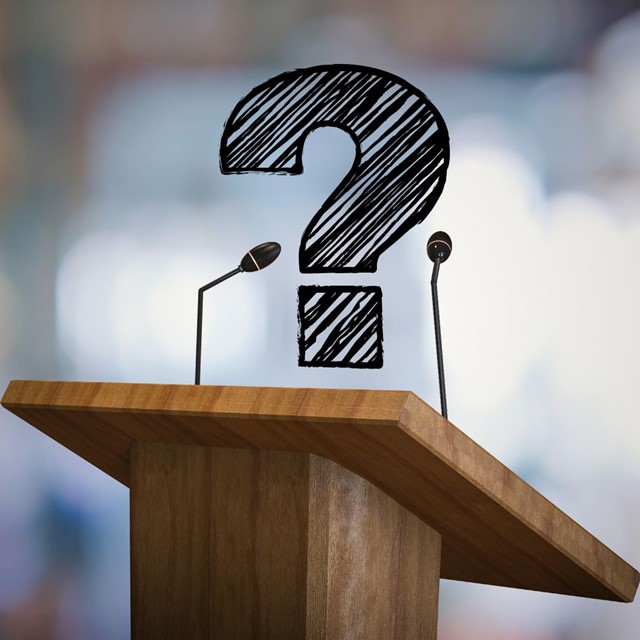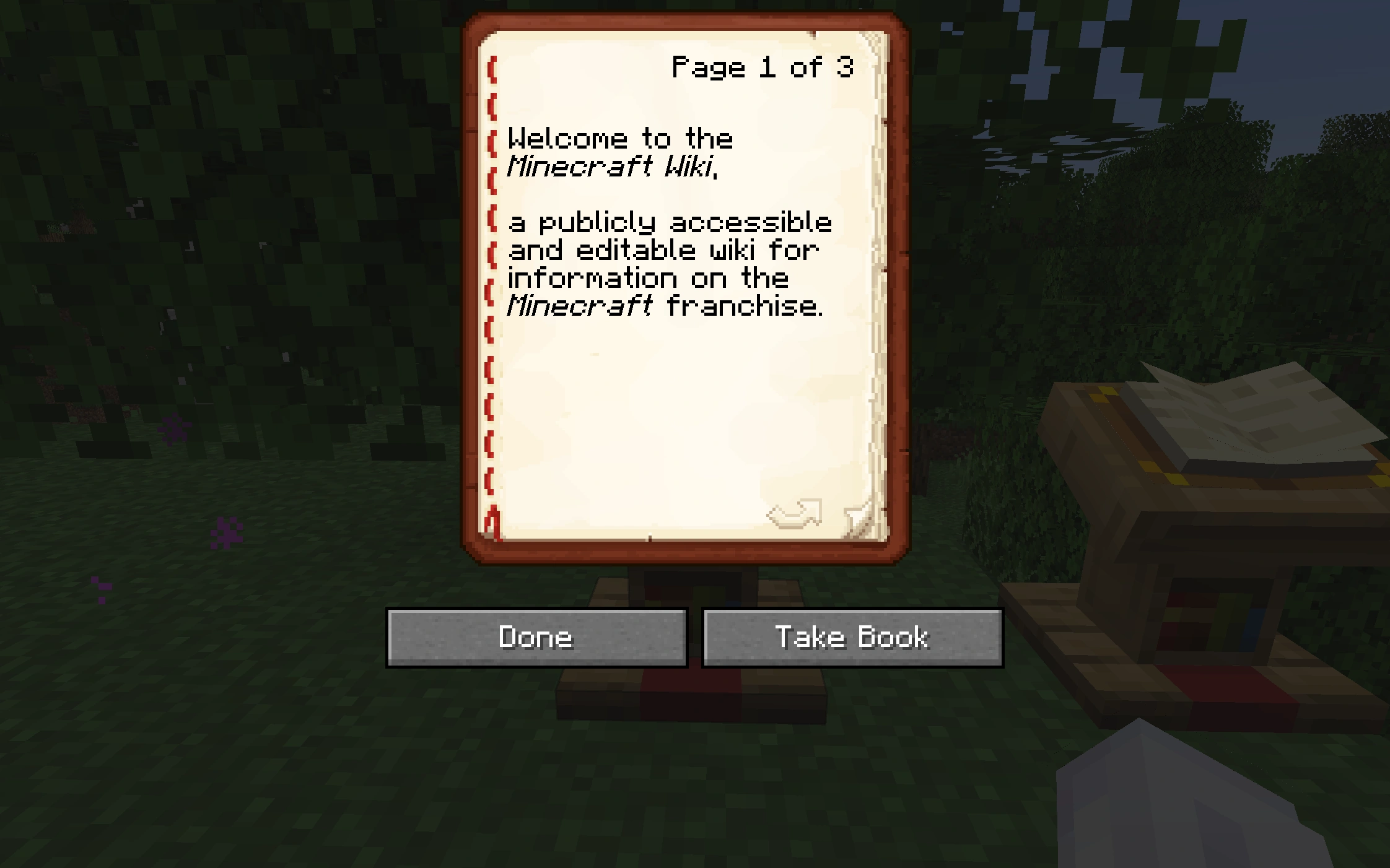Who Uses a Lectern? Discover the Key Audiences and Benefits
A lectern is used by various individuals during presentations or speeches. It provides a stand to hold notes and helps speakers maintain eye contact with their audience.
Public speaking is common in many fields. A lectern is a valuable tool for speakers. It is used in classrooms, conference rooms, and places of worship. Teachers use it to keep their lesson plans in view. Business leaders use it to present ideas clearly.
Clergy use it during sermons. The lectern helps speakers stay organized and focused. By using a lectern, they can engage better with their audience. We will explore who uses a lectern and how it benefits them in different settings.
Key Audiences
Teachers often stand at the front of the classroom. They use a lectern to hold their notes. This helps them stay organized. It also makes it easier to address the class. Teachers can place books and papers on the lectern. This way, they can read without holding anything.
Public speakers use lecterns to hold their speech notes. This helps them deliver a clear message. They can look at their notes while speaking. A lectern also provides a place to rest their hands. It makes the speaker look more professional and confident.

Credit: www.buckleyschool.com
Business Professionals
Business professionals, such as speakers and presenters, often use a lectern. Lecterns provide a stable platform for notes and laptops.
Executives
Executives often use a lectern during meetings. It helps them organize notes and present ideas clearly. Speaking from a lectern shows confidence and authority. It keeps documents and devices in one place. This makes it easier to reference materials during the talk. Executives also use it to keep eye contact with the audience. This ensures their message is understood and valued.
Conference Presenters
Conference presenters use a lectern to address large groups. It provides a stable surface for their notes and slides. The lectern also has a microphone for clear sound. This ensures everyone hears the message well. Presenters feel more comfortable behind a lectern. It allows them to focus on speaking and engaging the audience.
Religious Leaders
Pastors often use a lectern during services. They place their sermons and scriptures on it. This helps them stay organized. It also makes it easy to read aloud to the congregation. A lectern provides a focal point. People know where to look during the service.
Rabbis also find a lectern helpful. It holds the Torah during readings. This makes it easier to handle the sacred texts. A lectern can be a symbol of respect and tradition. It helps the Rabbi lead the service smoothly. Congregants follow along better with a clear focal point.

Credit: www.youtube.com
Event Hosts
Wedding officiants use a lectern to hold their notes. This helps them stay organized. They can read vows and other important words. A lectern keeps everything in one place. It also gives them a place to rest their hands. This makes speaking easier.
Ceremony MCs often need a lectern. They use it to hold scripts and announcements. It provides a central spot for their materials. This makes it easier to follow the event plan. It also helps them look professional. A lectern can make a big difference.

Credit: minecraft.fandom.com
Frequently Asked Questions
Who Typically Uses A Lectern?
Lecterns are used by speakers, teachers, and presenters. They help hold notes and materials.
Why Do Churches Use A Lectern?
Churches use lecterns for reading scriptures and delivering sermons. It helps in organizing and focusing on the message.
Can Students Use A Lectern?
Yes, students use lecterns during presentations and speeches. It helps them stay organized and confident.
Conclusion
A lectern serves many professionals. Teachers use it to guide classes. Public speakers rely on it for presentations. Politicians need it during speeches. Clergy stand at it to deliver sermons. These diverse users show the lectern’s importance. It provides a stable platform for notes.
It helps maintain eye contact with the audience. Using a lectern boosts confidence. It keeps the speaker organized. So, a lectern is essential for many roles.

